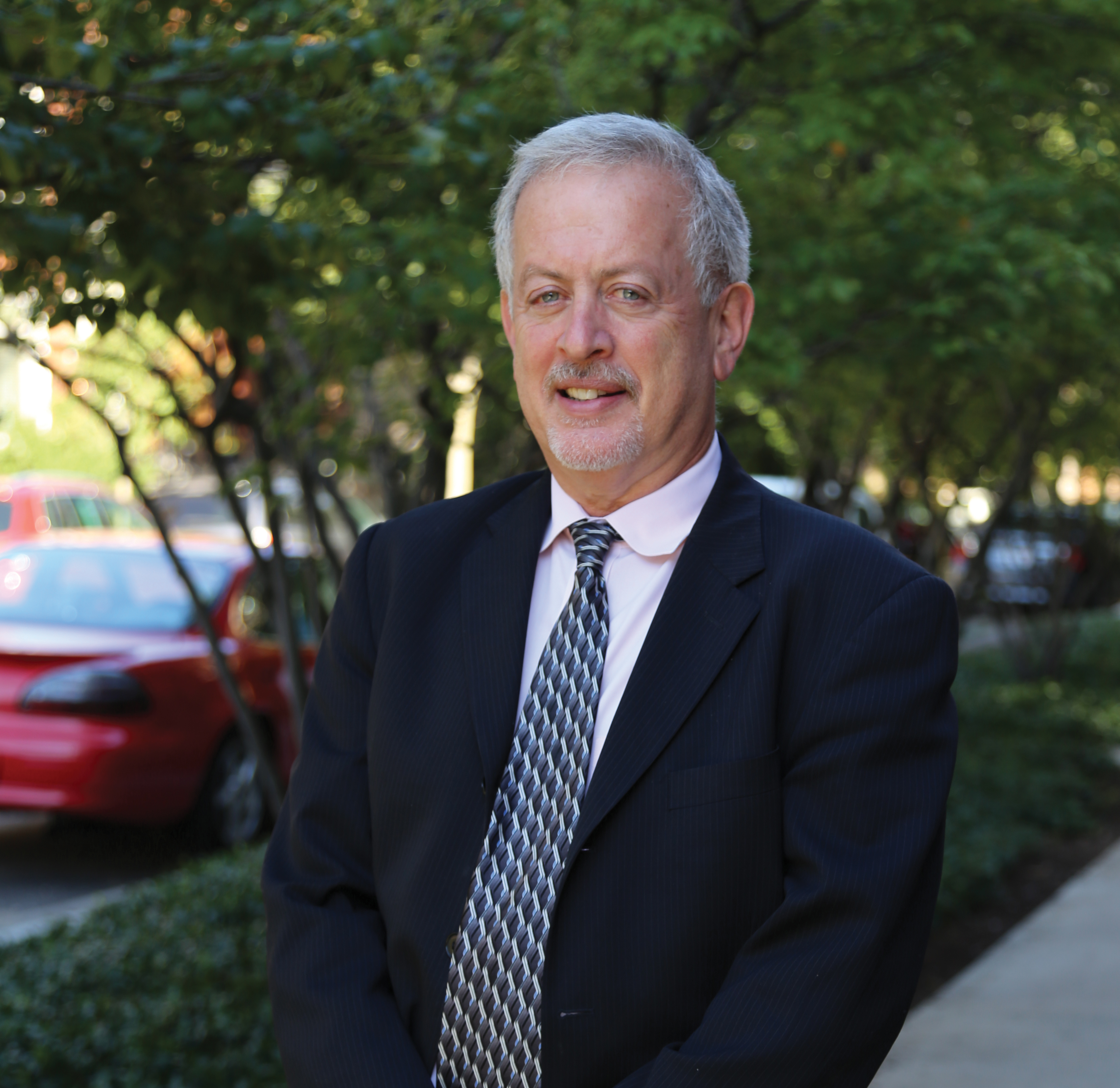
It is no secret that when one thinks of DePaul University, the notion of “mission” comes prominently to mind. Long known for helping Chicagoans achieve social justice, DePaul’s Vincentianism means serving those most in need, and, frankly, nobody does it better than DePaul’s College of Education (COE). Our response to the Vincentian question, “What must be done?,” permeates the work we do in the classroom and in the community at large to educate and counsel students and elevate the underserved.
Through our centers, initiatives and specialized programs, our dedicated faculty and staff address needs in the community and in the field of education. The Facing History and Ourselves collaboration inspires educators and the public to address complex social issues in the classroom. The Stockyard Institute engages youth, community residents and artists through an open interchange of projects and programs in the arts and social activism. The Education and Counseling Center provides quality, affordable educational and counseling services to children and adolescents.
Under the leadership of Sister Mary Paul McCaughey, O.P., the college’s Catholic Schools Faith Project provides scholarships to Chicago’s Catholic school teachers so they may pursue advanced degrees. In partnership with the Fraternal Order of Police, the college instructs members of the Chicago Police Department in educational leadership, directly affecting police officers and the communities they serve. In collaboration with the Academy for Urban School Leadership (AUSL), we instruct AUSL learners in the DePaul curriculum using the organization’s targeted methods, as well as connecting students with co-teaching mentors in AUSL/Chicago Public Schools. Our fruitful partnership with Bernhard Moos Elementary School allows our students to immerse themselves in an elementary school environment during field experiences, while our faculty provide in-service teachers with professional development.
Our Office of Innovative Professional Learning is working with the Barat Foundation on Our American Voice, a program that provides professional development and micro-credentialing. The Institute for Daisaku Ikeda Studies in Education researches the philosophies and practices of renowned Japanese educators Ikeda, Toda and Makiguchi and provides workshops and symposia to students. To address the need for science, technology, engineering and math (STEM) education for underrepresented young women, our faculty conduct Inspiring STEM in Girls (inSTEM), a summer experience for middle-school girls.
I am proud that the college serves as a tangible example of the success that is possible when small groups of dedicated individuals come together. With social justice at the heart of our mission, our students, faculty and staff collaborate to bring forth incredible outcomes through their perseverance and activism. I look forward to seeing more results from our continued work together.